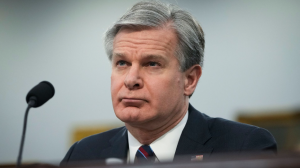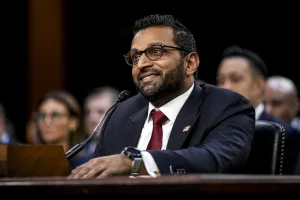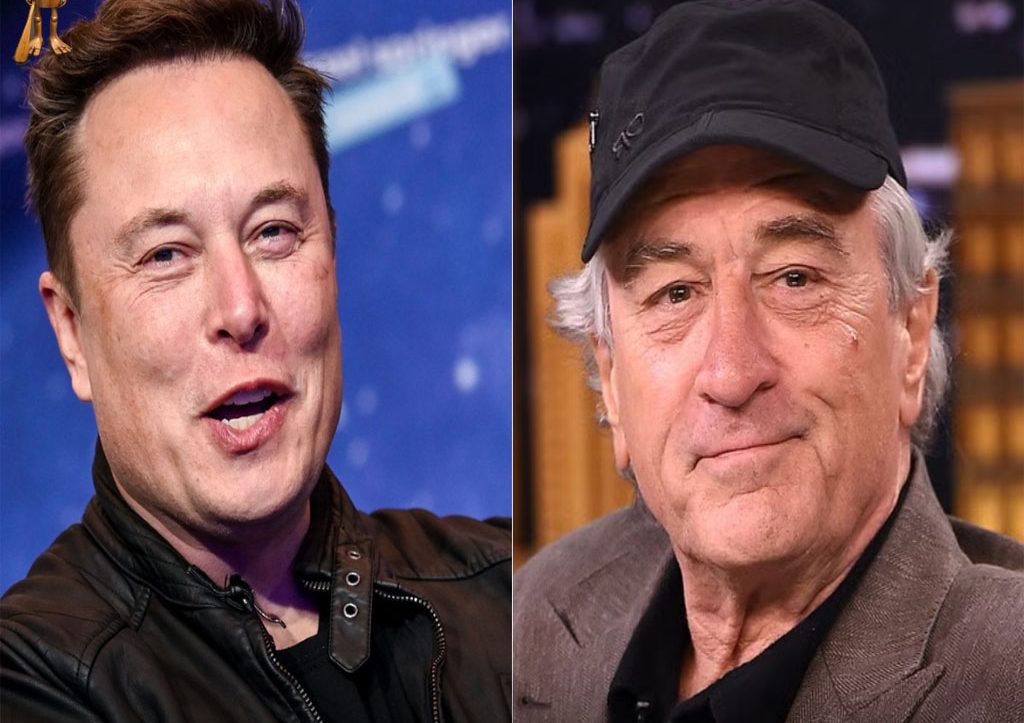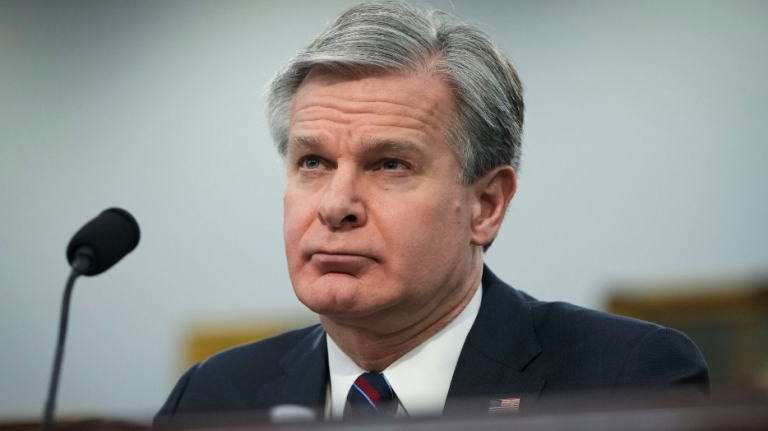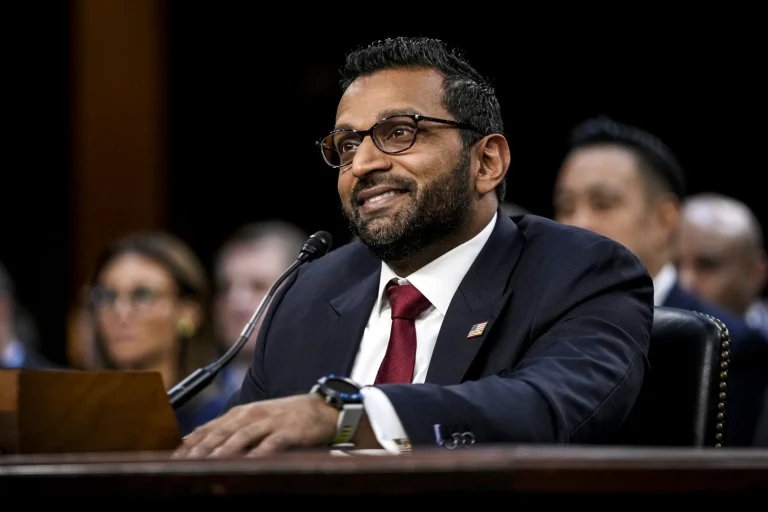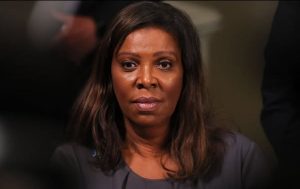In a surprising and contentious decision, Elon Musk, the CEO of the social media platform X (previously known as Twitter), declared that the esteemed actor Robert De Niro has been permanently prohibited from using the platform. Musk referenced De Niro’s “woke presence” as the main justification for this action, igniting a heated discussion across the internet.
The announcement was made public through a post by Musk himself, in which he remarked, “At X, we are encouraging open discussions, rather than allowing one-sided, politically charged narratives. Robert De Niro’s ongoing rhetoric is at odds with this mission. His woke presence has no place on this platform.”
De Niro, recognized for his candid political opinions and frequent criticisms of conservative figures, has openly expressed his disapproval of Musk’s management approach and his perspectives on free speech. Throughout the past year, De Niro’s contributions on X have featured pointed critiques of Musk’s policies, accusing him of facilitating misinformation and endorsing divisive ideologies.
Musk’s position, however, has been to establish X as a stronghold of free speech, frequently permitting controversial individuals to express their opinions. Nevertheless, his choice to ban De Niro has prompted inquiries regarding the consistency of this principle. Detractors contend that the ban underscores a double standard in Musk’s policies, while proponents argue that it was essential to uphold the platform’s integrity.
The prohibition has polarized public sentiment. Advocates of Musk praised the action, asserting that it was an essential measure to mitigate Hollywood’s “woke” impact on societal discussions. A popular hashtag, #GoodbyeDeNiro, surfaced, with individuals commending Musk’s resolve to resist what they characterize as “elitist arrogance.”
Conversely, supporters of De Niro and advocates for free expression have condemned the action as an act of censorship. Notable individuals from both Hollywood and the political arena have united in their support for the actor, with some advocating for a boycott of X.
Numerous actors and directors have stepped forward to defend De Niro. In a collective statement, they underscored the significance of platforms like X in offering a venue for a variety of perspectives, even those that may contradict widely accepted narratives. “This action establishes a perilous precedent,” remarked actor Mark Ruffalo. “If a platform professes to champion free speech, it must not selectively silence dissenting voices.”
This incident has rekindled discussions regarding the responsibilities of social media platforms in content regulation and the management of public figures. For Musk, it invites additional scrutiny concerning his leadership approach and his aspirations for X as a forum for open dialogue.
It remains uncertain whether this action will draw in or drive away users. Some perceive Musk’s choice as a demonstration of courageous leadership, while others regard it as a concerning move towards authoritarian governance of discussions on the platform.
Regarding De Niro, the actor has not yet issued a public comment concerning his ban. Nevertheless, those in his inner circle suggest that he might leverage this situation to enhance his criticisms of Musk’s policies in various public discussions.
This situation highlights the intricate difficulties of reconciling free expression with content regulation in the era of social media, positioning Musk’s X at the heart of yet another cultural controversy.
